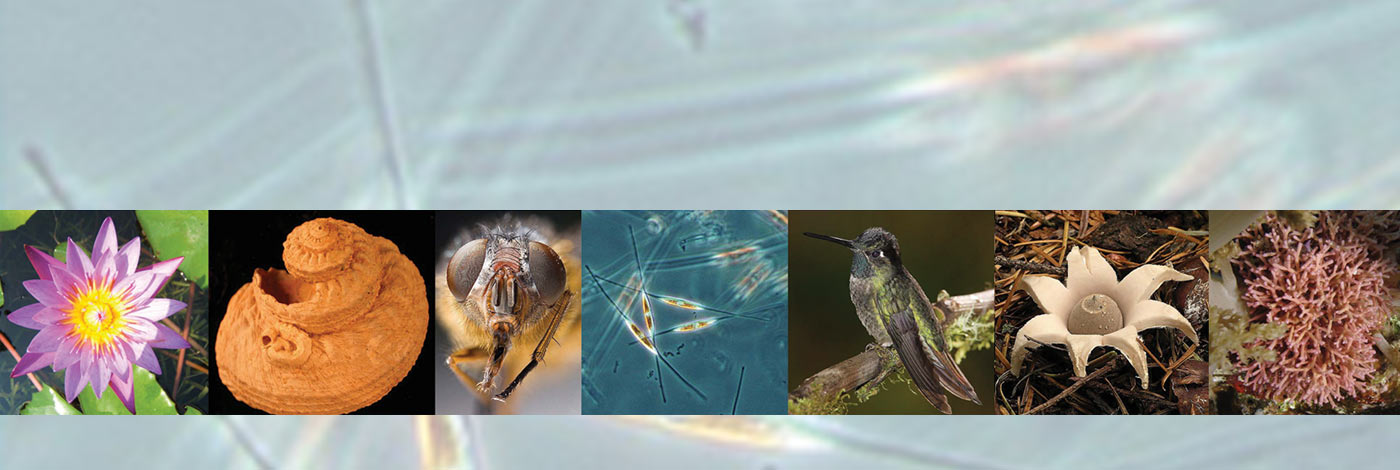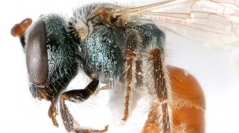

 European Journal of Taxonomy
858 (1) - Pages 1-222
European Journal of Taxonomy
858 (1) - Pages 1-222The Lasioglossum (Dialictus) gemmatum species complex, also known as the L. tegulare species group and the L. parvum species complex, is a very common, widespread, diverse, and recognisable lineage of sweat bees, containing 22 previously described species and several known undescribed species. The species were recently revised for the eastern Nearctic region and the Greater Antilles, but remain poorly known in the western Nearctic along with most other L. (Dialictus). These characteristics make it a prime candidate for revision in ongoing taxonomic work on the western Nearctic L. (Dialictus). Here we present the results of this revision, including 10 new species descriptions, one new synonymy, a preliminary phylogeny, and keys to known Nearctic species. Species of the eastern Nearctic and a few primarily Neotropical species which can occur in the Nearctic are also included. We report that the L. (D.) gemmatum species complex is likely a monophyletic group arising from the L. (D.) comulum group, but that the enlarged tegula has arisen independently in at least two other L. (Dialictus) lineages, and it contains multiple cases of allopatric speciation. The following species are described as new: Lasioglossum (Dialictus) angelicum sp. nov., L. (D.) deludens sp. nov., L. (D.) diabolicum sp. nov., L. (D.) eremum sp. nov., L. (D.) gloriosum sp. nov., L. (D.) indagator sp. nov., L. (D.) holzenthali sp. nov., L. (D.) magnitegula sp. nov., L. (D.) profundum sp. nov., and L. (D.) rufodeludens sp. nov. Previously undescribed males of L. (D.) perparvum (Ellis, 1914) and L. (D.) pseudotegulare (Cockerell, 1896) and the female of L. (D.) gaudiale (Sandhouse, 1924) are diagnosed and figured for the first time. Lasioglossum (Dialictus) hunteri (Crawford, 1932) is a new subjective junior synonym of L. (D.) ellisiae (Sandhouse, 1924). Pre-2022 specimen records of L. (D.) hunteri and L. (D.) tegulariforme (Crawford, 1907) are attributable to a heterogeneous mix of species, and records of L. (D.) perparvum are likely attributable to L. (D.) deludens.